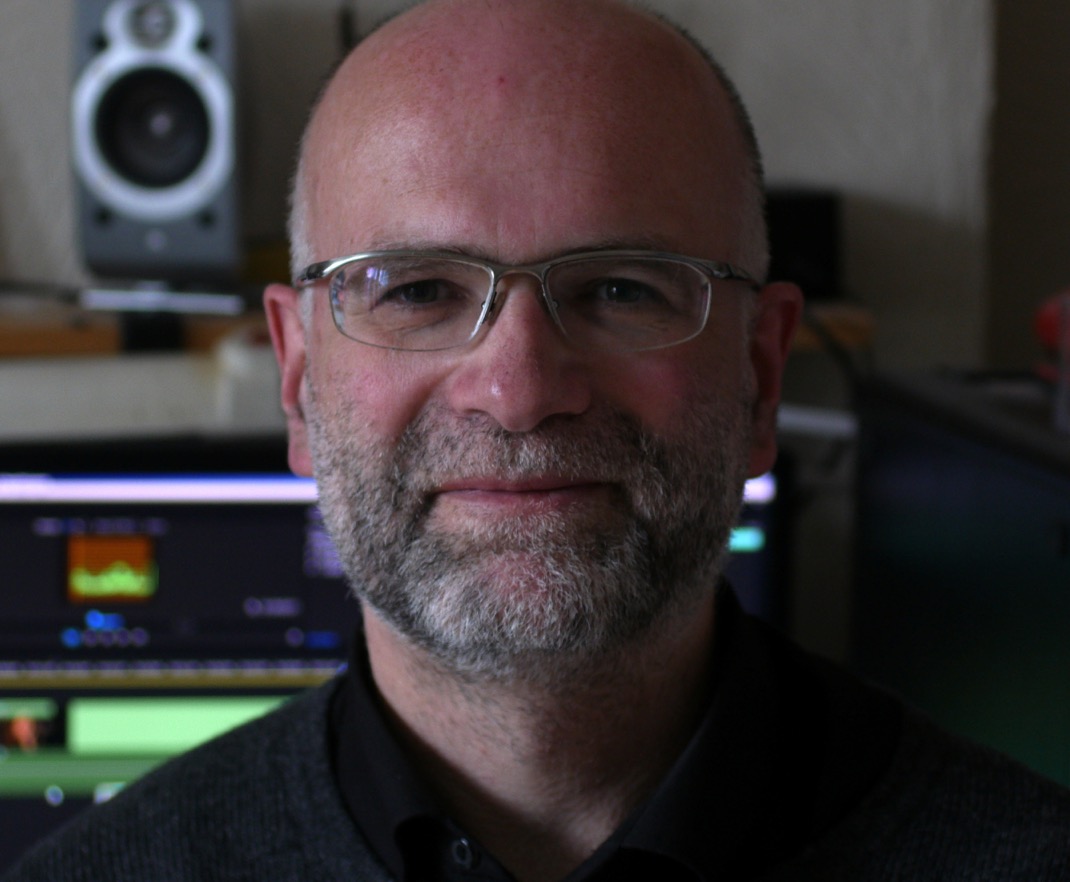
In Their Own Words: Director Bernd Porr of “Anna Unbound”
OneFilmFan.com welcomes you again, dear readers and fellow film aficionados, to another installment of “In Their Own Words”! I am greatly blessed, very humbly so of course, to have had the chance to interview not only the lead actress from the currently festival-touring and excellent indie thriller “Anna Unbound”, but also to have time provided to me by the film’s director (also co-writer, producer, and cinematographer!) from Scotland way, Bernd Porr!
As you will have the opportunity to read below, saying this man is one of many talents, aspirations, inspirations, and onward is quite the understatement! Let’s simply say he might just enjoy getting into your head as much as he finds drive and purpose in the independent filmmaking efforts he’s had the chance to be a part of over the years! So, with a build-up like that, questions are sure to swirl in your heads, readers, and therefore without further delay, I present my interview with one smart Scot, Bernd Porr!
One Film Fan: So, let’s begin with a little background about you personally and how, in broad strokes, your interest in film came into being specifically, as we will get into some other fields later on.
Bernd Porr: Generally, I’m interested in storytelling and I use the medium which gives me a platform and where I technically I can excel. I worked in theater as a professional lighting designer from shows ranging from 100 – 3000 people in the audience where I learned the craft of lighting very well. Then I was asked to set up a small radio station which I did and produced many shows in that period.
My creative phase started in the 90s in radio where I wrote and produced numerous radio plays which were also broadcast from that small radio station in Germany. I didn’t consider film much then because it was just prohibitively expensive to make and jobs where mainly in theater. My last radio play was broadcast in 2000 and then I left for the UK. Then in 2006-ish HD cameras came up and I instantly bought the first one (a Sony V1) and started shooting. My skills from radio and theater lighting helped me enormously to become good on the technical side.
O.F.F.: How did you further learn the art (ie: mentors, influences, and schooling)?
B.P.: I’ve always been surrounded by amazing people here in Glasgow who gave me input and inspired me. The Scottish screenwriters had many masterclasses with great writers which I attended. I also attended seminars in London at Raindance and at the London film school. Attending top tier film festivals with an industry pass gave me enormous insights into the business side. Otherwise, I’m a strong believer that learning by doing is the best approach. So, rather spending money on expensive classes teaching you often trivial stuff I rather buy more equipment, write a script and have fun in the process.
O.F.F.: From looking at your background in film/entertainment, it appears there was an initial start, perhaps, focusing on Sound and Lighting, with over 10 years’ experience in each. Talk a little about that.
B.P.: Lighting and sound are both my technical obsessions and I love the challenges coming out of them. It started off at a local community center where they asked me to light comedians and then suddenly I was in charge of all stages in my hometown. Then, I joined a fringe theater group in a bigger city. We won prizes (also for lighting) and then the rep theater asked me to do technical stuff, so it was a constant way up which was fun.
Every German city has their rep theater, which is unthinkable for other parts of the world, but for them it’s a prestige thing (they can be completely bankrupt but they would keep their actors employed). Loads of jobs to get there. On the other hand film is looked down upon in Germany so the jobs were just limited.
O.F.F.: Next, you indicate a solid numbers of years’ experience in cinematography. What prompted delving into this particular aspect of filmmaking?
B.P.: My obsession for lighting made that just natural. Instead of lighting for “the eye”, I light “for the camera”. It’s fun seeing the differences and similarities. However, I won’t say that I’m by any means perfect as lighting is probably one of the most difficult aspects of filmmaking so that this is an ongoing process.
O.F.F.: Then we see your same level of engagement in directing films. What was the catalyst for you that set you on the path to not only be behind the scenes, but now in charge of the films you are involved with?
B.P.: In contrast to my theatre work I saw filmmaking as way of storytelling and that I tell stories about topics which I find important to tell. For example, the film “NEDball” came about the British obsession about class and the whole ecosystem in the UK which celebrates Chavs/NEDs/lowlifes in different forms (from East Enders to Gritty stylish poverty porn).
O.F.F.: So, onto your current project, the feature-length indie effort, “Anna Unbound”, currently on Festival rounds. What drew you, overall, to make this film?
B.P.: There were two main motivations in this film: to tell a story about trauma and how one deals with such flashbacks and to tell a story about immigration, but in a way that it’s not a gritty drama, but rather in a softer way which also reflects experiences of Europeans moving from one place to another.
O.F.F.: Tell us the basic storyline for our readers.
B.P.: It’s about Anna who moves from Athens to Glasgow to move in with her boyfriend. So far so good. Then she starts at a small company where one employee triggers violent flashbacks of her time in Greece. This employee poses a serious threat to her new life, but at the same time Anna is mysteriously attracted to him.
O.F.F.: What process did you and co-writer Martin Brocklebank go through to come up with such an intense, psychologically-based thriller concept?
B.P.: I wrote the treatment of the film which took me about 1/2 year. Then I gave it to Martin who turned it into a script. We then did another couple of iterations where Martin developed the characters further, and we also fine-tuned the ending together.
O.F.F.: How easy, or difficult, was it to locate and try out actors for this cast initially? The roles here, especially the primary leads, are exceptionally fierce and potent!
B.P.: Vasso was with the production from the very beginning and wasn’t cast. I did a short with her before, called “Cut Free”, which has a similar scene to “Anna Unbound” in it so that I knew she’s the perfect match for that role. Martin also met with her to write the script in a way that it was written for her. The other parts were found through a lengthy casting process. I find casting very important and we took our time where we did in general 3 rounds. In general, I ask actors not to bring the script, but to improvise a scene and be that character.
O.F.F.: What are some of your thoughts on lead actress Vasso Georgiadou’s performance as Anna in the project? I know for me, it was borderline unsettling at times, as the narrative lends itself to watching this slow descent into madness!
B.P.: Vasso did a perfect job when acting it. She rehearsed the whole film for herself for many weeks, and the state of madness was exactly what I wanted. Generally, she experiments during the takes and offers different variations. We shot many takes so that in the edit we had loads of choice of fine tuning the madness, in particular to the end.
O.F.F.: Additionally, how about working with the equally fantastic supporting cast, including James Robson, Sharon Osdin, Martin Sweeney, Kirsty May Hamilton, and Bill Wright?
B.P.: It was generally very easy to work with all of them. Of course, they are all different personalities. For example, James in private is a very cheerful, chatty person, so it was pretty amazing to see him switching from private into the Robert character. In general, to take off the stress on set, we did a long rehearsal weekend without any technical equipment (like in theater!), where we went through the whole film. This also helped a lot to bond and to get to know each other. But also during the shoot, we always had breaks and great food around to unwind.
O.F.F.: A man of many hats on this project, taking on co-writing, plus directing, plus the cinematography, plus producing duties. How was all of that?
B.P.: I found it very enjoyable. This is because I also had excellent assistants: Jess, who was the AC, did the focus pull and sometimes we swapped our roles when one of us was spaced out after a 10hr shoot. Nicholas, who was my AD (occasionally helped my 2nd AD Leila and my set designer Nathalie). The same was the case in Athens, where I had AD Theodora organizing the whole shoot with me so that a lot of load had been taken off. Also, having a runner who prepares fresh food for lunch / dinner just lifts the spirit. I also had an assistant editor on set who did edits over night so that we knew next day what worked and what did not. That again takes pressure off, and also the actors could directly see what we filmed.
O.F.F.: Any fun/embarrassing anecdotes from the set you’d be willing to share? Or was everything always serious business?
B.P.: The crew will probably be remembering me not for my obsession with lighting or 20 takes/setup, but with my love of the bread maker, which was always on set and going off at random moments (which the AD noted in the log “Take 6 had to be aborted because the bread maker went off?!”).
O.F.F.: What other projects are on the horizon for you currently?
B.P.: I’ve been developing scripts with Martin, which range from a dark/dreamy Glasgow story to a comedy of an IT girl who helps customers just a bit too much. However, I’m always following many leads and try to collaborate with as many people as possible, so it’s in quite a fluid state. As with my shorts, I’ve done all different kind of genres and I certainly would like to try a different tone/genre this time, again, to challenge myself.
O.F.F.: As kind of a separate yet related question, regale us with a story about how you linked up with composer Matthew Whiteside and how his involvement with the film came about?
B.P.: I was quite desperate to find a composer who could do the horror/thriller parts, as the original one had left the project. I asked around and through a friend of a friend, he was recommended so we met up. Then, I told him than I need the music within two months and we both cracked on at breathtaking speed. It was very intense and we exchanged a huge amount of e-mails tuning every second of it, but we managed it in time!
O.F.F.: Independent film, I know for me, has truly become one of the preeminent places to find deeper story, character, and emotional connections with and through. As an independent filmmaker, how important do you see it that indie film gets a much larger amount of recognition in a world so dominated strictly by larger studios with almost limitless wallets? Secondly, how hard is to BE an indie filmmaker in this day and age and how do you find the fortitude to keep going?
B.P.: The landscape of film is changing by the minute and it’s hard to see how this develops. Fact is that only Hollywood makes money from cinematic releases whereas anybody else breaks even — if lucky. The profits are made now on VOD and that’s also where indie filmmakers have the best chance of being watched. Two different kind of players have emerged: those from the classical studio system (see Sony) and then the new kids on the block such as Netflix and Amazon.
At least Amazon (in particular Ted Hope) actively supports the indie ecosystem, but Netflix takes on board indie films as well, though at a much lower rate. Interestingly, both Amazon and Netflix have emerged from the silicon valley which tries to disrupt the classical studio system. For an indie filmmaker, the VOD system is a godsend because the cinemas are essentially a closed shop and/or prohibitively expensive to book.
Why do I keep going? Well, because it’s immense fun! I like every part of the process, and it’s challenge after challenge. Then, of course, being able to tell a story is an honor. Working with many talented people is an honor as well. If I were making it for the money then I’d rather design electronic circuits. Filmmaking is a labor of love.
O.F.F.: Now, breaking from film for a spell, I couldn’t help but notice you have many other fields of expertise under your belt, sir! From hardware development to programming to teaching, a PhD to boot. I mean “electronics, neuroscience, AND film”? What a combo! Expand a bit on all of this!
B.P.: I’ve always been interested in neuroscience and that’s what I’ve been doing first as a lab technician, then as my undergraduate work, and then PhD. I’m very interested in the limbic (emotional) system of the brain and have been working on it for more than ten years. Perhaps it’s understanding the human psyche, which is also “Anna Unbound” is about.
O.F.F.: Have to end with the classic question….what is YOUR favorite film of all time? Why?
B.P.: Michael Haneke’s “Cache (Hidden)”. It’s a film which takes a serious subject and then unravels the whole background through a very simple & effective story. I love the way he tells simple stories to make a point, but never in your face, and the way life would tell them to you with all their contradictions, unreliable narrators and incomplete knowledge.
I don’t know about you, but this level of intelligence and knowhow is both amazingly inspiring and yet downright scary! No offense meant to Mr. Porr, of course, as it is his incredible intellect and real-world work experiences that make him not just the man he is today, but the intelligent filmmaker he is, which “Anna Unbound” most certainly illustrates wholeheartedly. Embracing certain changes that are occurring in the world of indie filmmaking while still choosing to maintain his sense of identity as an artist and move forward with an uncompromising sense of what he desires to accomplish for himself and those involved with his projects.
It is this kind of unbridled, but very focused, passion found in the indie film arena that is what inspires this reviewer to keep seeking out the genre and its participants, because that human connection, emotionally and/or otherwise, is such a potent force in the indie community, and it remains at the heart of so many projects, past, present, and still to come. Bernd Porr is one of those filmmakers, people, so eyes up and watch what will come!
Want to keep up with the man that is Bernd Porr? How about these ways below:
“Follow” Bernd on Twitter: Here
“Follow” Bernd on his Facebook Page: Here
Check out Bernd’s website: Here
“Follow” the film’s Twitter: Here
“Like” the film’s Facebook Page: Here
Check out the film’s website: Here
Well, as always, I first want to extend a heartfelt “Thank You!!” to Bernd Porr for allowing me to invade his busy schedule and needed time to do this interview for a truly exceptional film and sharing about an equally exceptional life! Folks, we need to get the word out about independent cinema in any ways we can, so if and when you see “Anna Unbound”, make sure to tell others, bring others, write about, talk about, shout it out, whatever it takes to promote efforts such as this. The world needs to know that indie film is more than worth seeing and supporting! Let’s make it happen!
I also want to say a quick “Thank You!!” to “Anna Unbound” composer Matthew Whiteside who was more than, forgive me peeps, instrumental in arranging this interview for me and OneFilmFan.com! That’s it for now! Stay tuned for more interviews, film reviews, and who knows what else in time!
Until next time, thank you for reading!
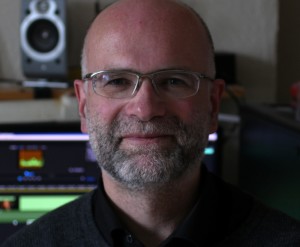
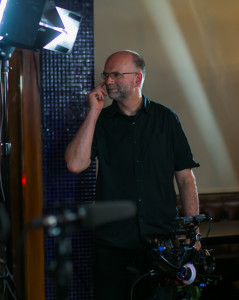
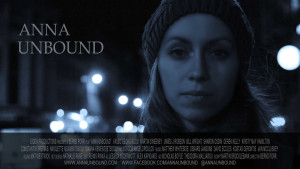
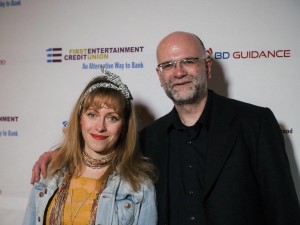
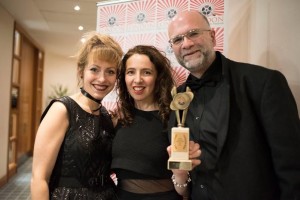
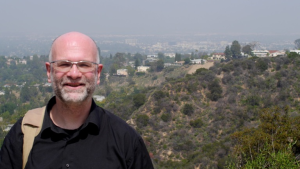
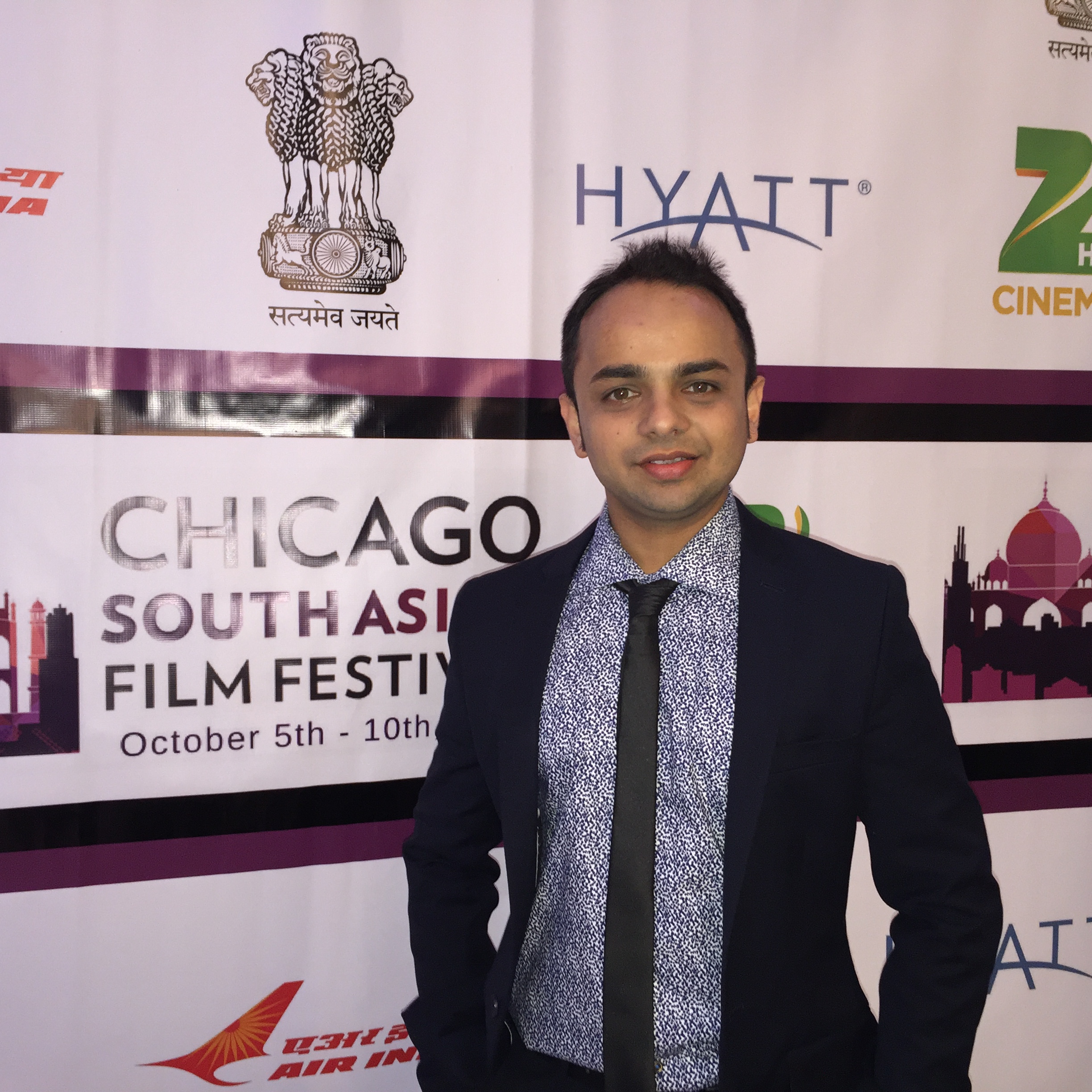
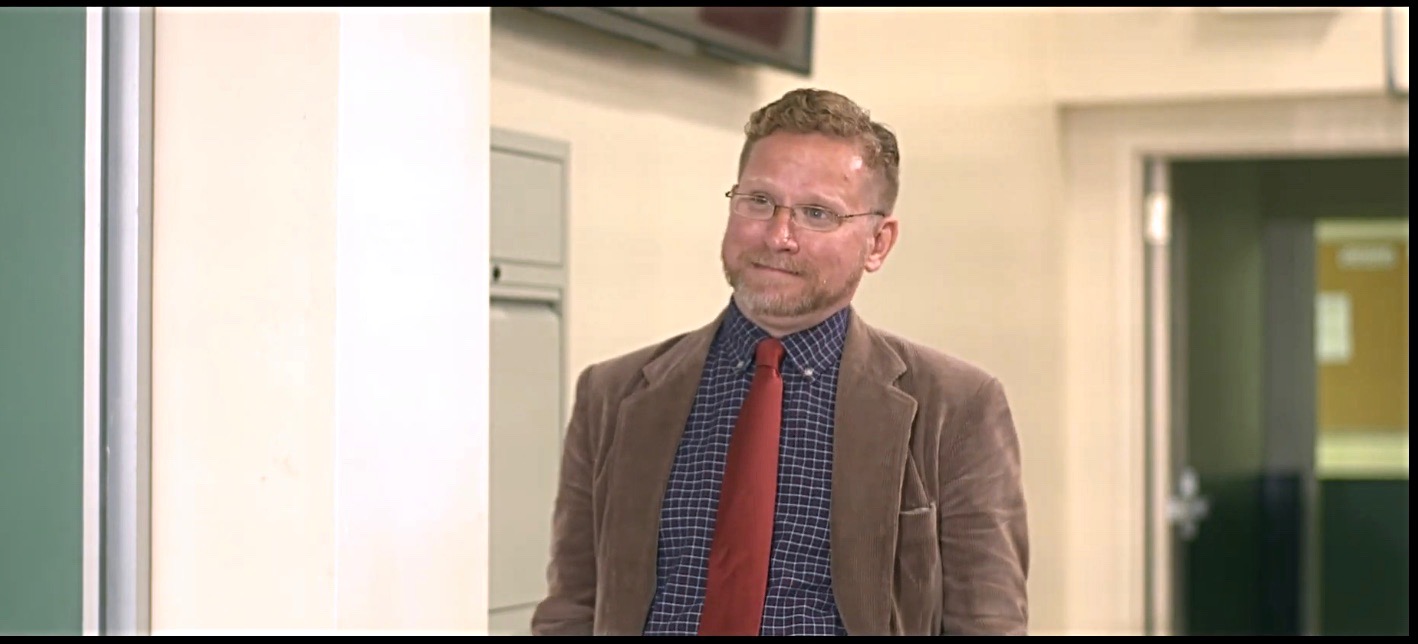
Permalink